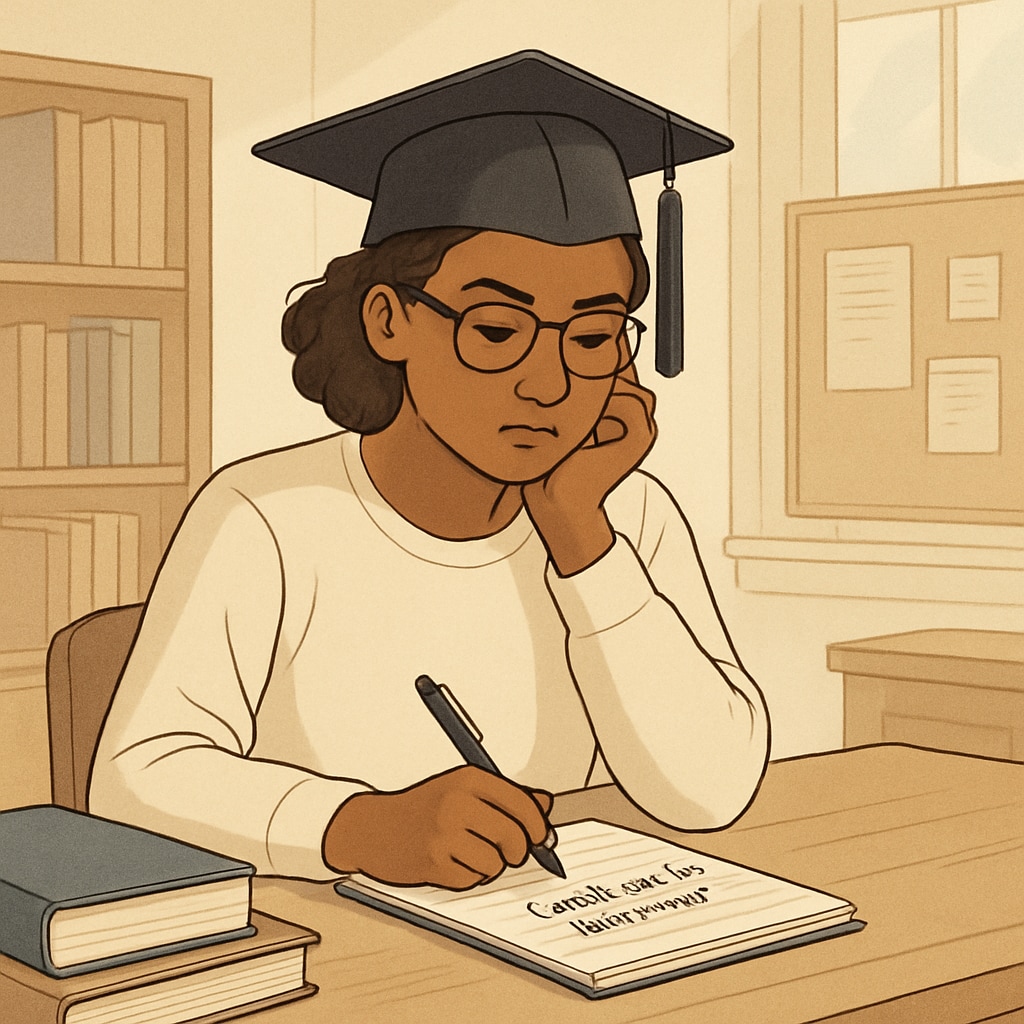Finding school counselors for graduate research interviews can be a daunting task for many students. The process often involves navigating complex school systems, addressing privacy concerns, and establishing trust with educational professionals. This article explores the structural barriers faced by graduate students and provides a systematic approach to successfully connect with K12 school counselors. By following these strategies, you can bridge the gap between academic research and practical education, ensuring your work is both impactful and meaningful.
Understanding the Challenges of Accessing School Counselors
Graduate students frequently encounter several obstacles when trying to interview school counselors. These challenges include:
- Privacy concerns: Schools are protective of their students and staff, which can make obtaining permission for interviews difficult.
- Time constraints: School counselors often have packed schedules, leaving little room for additional commitments.
- Lack of clear communication channels: Without proper networking, identifying and reaching the right individuals can be time-consuming.
Understanding these barriers is the first step toward developing an effective strategy for collaboration.

Strategies for Building Connections with School Counselors
To overcome these challenges, graduate students can adopt the following tactics:
- Leverage existing networks: Reach out to professors, alumni, or peers who may have connections in the education sector. Personal recommendations can open doors more effectively than cold calls.
- Craft a clear and concise request: When contacting school counselors, provide a brief overview of your research, its purpose, and the specific role they would play. Highlight the potential benefits of their participation.
- Offer flexibility: Be accommodating with scheduling and consider virtual interviews to reduce logistical challenges.
- Utilize professional platforms: Platforms like LinkedIn or educational forums can help you identify and connect with school counselors who are open to academic collaboration.
By demonstrating professionalism and respect for their time, you increase the likelihood of securing their participation in your research.

Ethical Considerations When Conducting Interviews
When working with school counselors, it’s essential to adhere to ethical guidelines. Here are a few key points to keep in mind:
- Obtain informed consent: Ensure that participants clearly understand the purpose of your research and how their information will be used.
- Protect confidentiality: Avoid sharing any identifiable information without explicit permission.
- Respect boundaries: Be mindful of sensitive topics and avoid pressuring participants to share more than they’re comfortable with.
Maintaining ethical standards not only protects your participants but also enhances the credibility of your research.
Conclusion: Bridging the Gap Between Research and Practice
Connecting with school counselors for graduate research interviews may seem challenging, but with the right approach, it is entirely achievable. By understanding the obstacles, leveraging networks, and adhering to ethical practices, you can build meaningful relationships with educational professionals. This collaboration not only enriches your research but also contributes valuable insights to the field of K12 education.
Remember, persistence and professionalism are key. Start your outreach early, and don’t hesitate to refine your approach based on feedback. With preparation and dedication, you can successfully bridge the gap between academic research and practical education.


